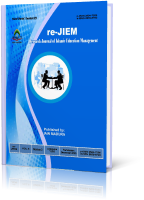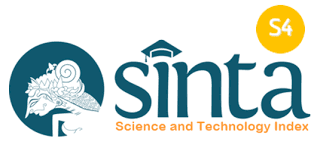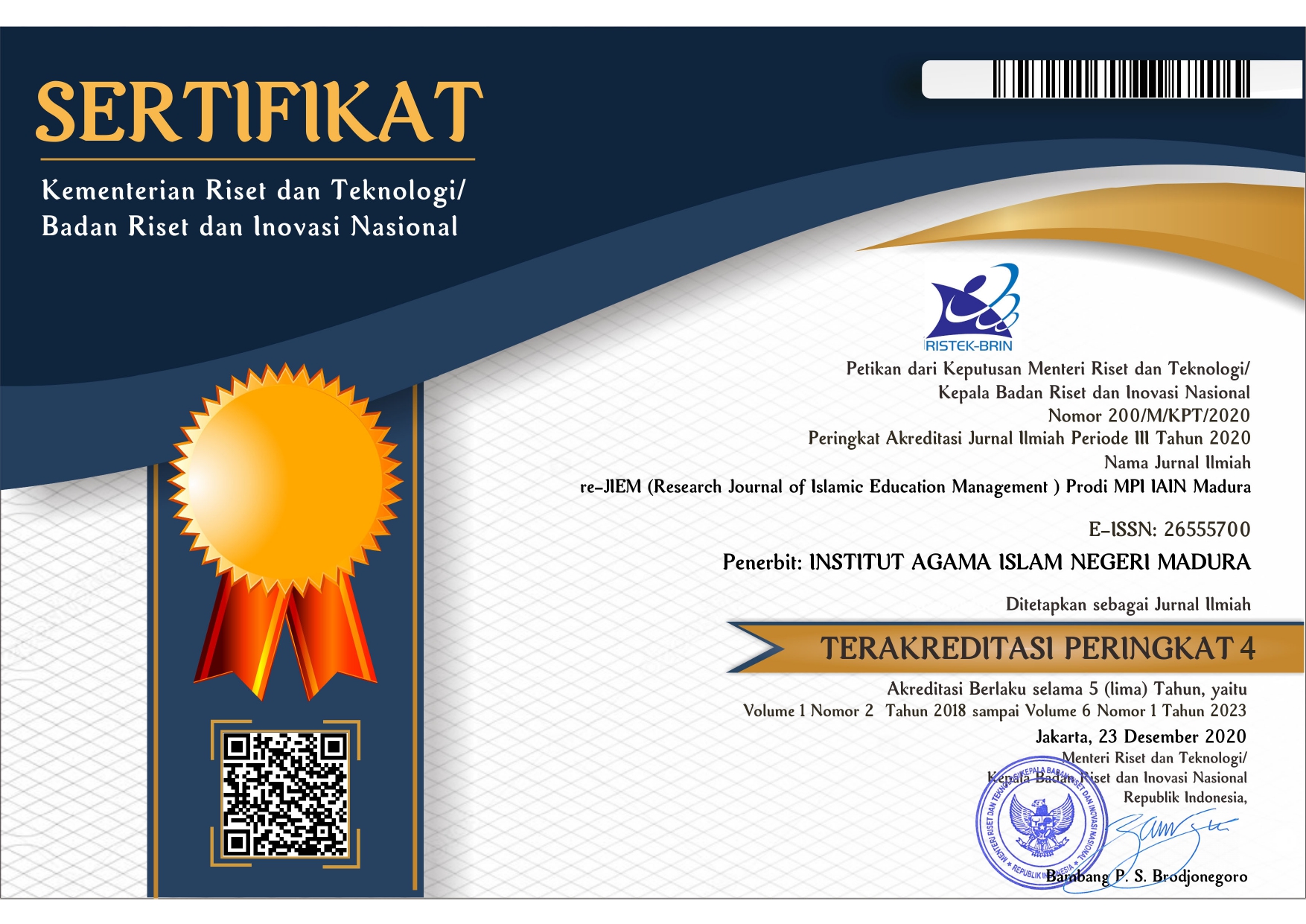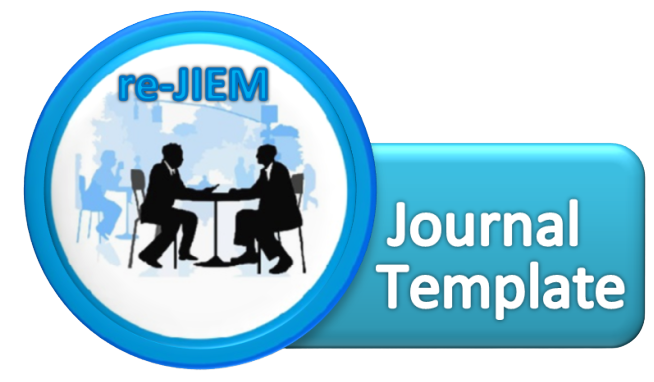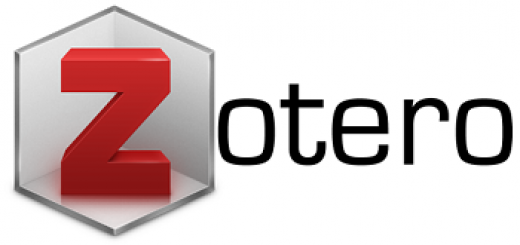COLLECTIVE LEADERSHIP IN ISLAMIC BOARDING SCHOOLS: A MULTI-SITE STUDY AT SUMBER PAYUNG AL AFIQI, AL HASYIMI, BABUSSALAM, AS SYUKRI, AND ATTABRANI
 Abstract views: 66
,
Abstract views: 66
,
 PDF downloads: 39
PDF downloads: 39
Abstract
The Sumber Payung Ganding Sumenep Islamic Boarding School consists of five branches: Al Afiqi, Al Hasyimi, Babussalam, As Syukri, and Attabrani. However, the lack of understanding regarding internal and external dynamics affects the effectiveness of collaboration among leaders. This study aims to examine the leadership model, leadership functions, and collective leadership characteristics at Sumber Payung Islamic Boarding School. The approach used is qualitative, with data collection through interviews, observations, and documentation. The research findings show that, first, Sumber Payung Islamic Boarding School implements a collective leadership model based on consensus, with variations in implementation across the branches. Second, leadership functions to enhance transparency, resolution accuracy, and more effective conflict management across all branches of the boarding school. Third, the characteristics of collective leadership vary according to the organizational structure and the involvement of leaders, with some branches demonstrating higher effectiveness due to structured management and strong external collaboration. The benefits of this study can provide insights into the application of collective leadership in improving the management of Islamic boarding schools more effectively.
Downloads
References
Aedi, Nur. Pengawasan Pendidikan Teori Dan Praktik. 2nd ed. Depok: PT. Raja Grafindo Persada, 2017.
Alivia, Siti Evi. “Peran Pengawas Dalam Meningkatkan Kompetensi Kepala Madrasah Di Kabupaten Majalengka.” Jurnal MADINASIKA Manajemen Dan Keguruan 3, no. 1 (2021): 1–11.
Aryani, Asih, and Asep Saepuloh. “Peningkatan Kompetensi Managerial Kepala Madrasah Melalui Penilaian Kinerja Kepala Madrasah (PKKM) Di MAN 5 Ciamis.” Andragogi: Jurnal Diklat Teknis Pendidikan Dan Keagamaan 10, no. 1 (2022): 91–102. https://doi.org/https://doi.org/10.36052/andragogi.v10i1.286.
Erwiati, Hajani, Sabar Padang, Suhardi Aceh, and Yuniar. “Peran Pengawas Sekolah Dalam Meningkatkan Kualitas Pendidikan.” Jurnal Penelitian, Pendidikan Dan Pengajaran 3, no. 3 (2022): 185–95. https://doi.org/http://dx.doi.org/10.30596%2Fjppp.v3i3.12660.
Ifadhah, Hurriyatul, Nailul Hasanah, Ali Nurhadi, and Rinta Ratnawati. “Implementasi Pengawasan Akademik Oleh Pengawas Sekolah Dasar Se-Kecamatan Pademawu.” Re-JIEM: Research Journal of Islamic Education Management 5, no. 2 (2022): 183–92.
Iskandar, Wahyu. “Prototipe Supervisi Pendidikan Dan Kinerja Kepala Sekolah/Madrasah Dalam Rangka Peningkatan Mutu Pendidikan.” Jurnal Isema: Islamic Education Manajemen 4, no. 2 (2019): 163–80. http://journal.uinsgd.ac.id/index.php/isema.
Miles, Huberman, and Saldana. Qualitative Data Analysis. 3rd ed. California: SAGE Publications, Inc, 2014.
Muslihat. Kepala Madrasah Pada PKKM (Penilaian Kinerja Kepala Madrasah).
Yogyakarta: Deepublish, 2020.
Peraturan Menteri Agama Republik Indonesia Nomor 2 Tahun 2012 Tentang Pengawas Madrasah
Peraturan Menteri Agama Republik Indonesia Nomor 58 Tahun 2017 Tentang Kepala madrasah
Posangi, Said Subhan. “Peran Pengawas Dalam Meningkatkan Kinerja Guru Di Madrasah Tsanawiyah Negeri 2 Kotamobagu.” TADBIR: Jurnal Manajemen Pendidikan Islam 9, no. 2 (2021): 222–40.
Pranajati, Nindya Rachman, and Muchamad Mufid. “Urgensi Penilaian Kinerja Kepala Madrasah (PKKM) Dalam Meningkatkan Mutu Di Madrasah Ibtidaiyah.” In Prosiding Konferensi Nasional PD-PGMI Se-Indonesia, 511–22. Yogyakarta: Prodi PGMI FITK UIN Sunan Kalijaga Yogyakarta, 2022.
Prasetyo, Aris Kukuh, and Yari Dwikurnaningsih. “Performance Evaluation of Principals of Public Elementary Schools.” International Journal of Elementary Education 4, no. 2 (2020): 235–43. https://ejournal.undiksha.ac.id/index.php/IJEE.
Pratama, Tyas dkk. “Penilaian Kinerja Kepala Sekolah/Madrasah SMA/SMK Di Kecamatan Bumiayu Menggunakan Metode Topsis.” Jurnal Telematika 11, no. 1 (2018).
Rosyidah, Ulfatur. “Peranan Pengawas Sekolah Dalam Meningkatkan Kompetensi Manajerial Kepala Madrasah: Studi Kasus Di MI Widada Kabupaten Blitar.” MANAJERIAL: Jurnal Inovasi Manajemen Dan Supervisi Pendidikan 1, no. 2 (2021): 76–84.
Sarbini, Muhammad Kristiawan, and Dessy Wardiah. “Supervisor’s Performance for the Quality of Education.” International Journal of Progressive Sciences and Technologies (IJIPSAT) 20, no. 1 (2020): 255–62.
Surat Keputusan Direktur Jenderal Pendidikan Islam Nomor 1111 Tahun 2019 Tentang Petunjuk Teknis Penilaian Kinerja Kepala Madrasah
Tangahu, Deby Yanty, Delmus Puneri Salim, and Muh Idris. “Fungsi Pengawasan Madrasah Dalam Meningkatkan Kinerja Kepala Madrasah Ibtidaiyah Negeri Dan Swasta Di Kota Bitung.” Journal of Islamic Education Policy 5, no. 2 (2020): 71– 90.
Tasrif, Elfi. “The Professionalism of Vocational High School Supervisors : A Study of Qualitative Analysis.” International Journal of Research in Counseling and Education 05, no. 01 (2021): 7–14. https://doi.org/https://doi.org/10.24036/00408za0002.
Copyright (c) 2024 abd. hannan

This work is licensed under a Creative Commons Attribution-ShareAlike 4.0 International License.
Authors who publish with this journal agree to the following terms:
Authors retain copyright and grant the journal right of first publication with the work simultaneously licensed under a Creative Commons Attribution-ShareAlike 4.0 International License that allows others to copy and redistribute the material in any medium or format with an acknowledgment of the work's authorship and initial publication in this journal and also allows to remix, transform, and build upon the material for any purpose, even commercially with contributions under the same license as the original.
Authors are able to enter into separate, additional contractual arrangements for the non-exclusive distribution of the journal's published version of the work (e.g., post it to an institutional repository or publish it in a book), with an acknowledgment of its initial publication in this journal.
Authors are permitted and encouraged to post their work online (e.g., in institutional repositories or on their website) prior to and during the submission process, as it can lead to productive exchanges, as well as earlier and greater citation of published work.


